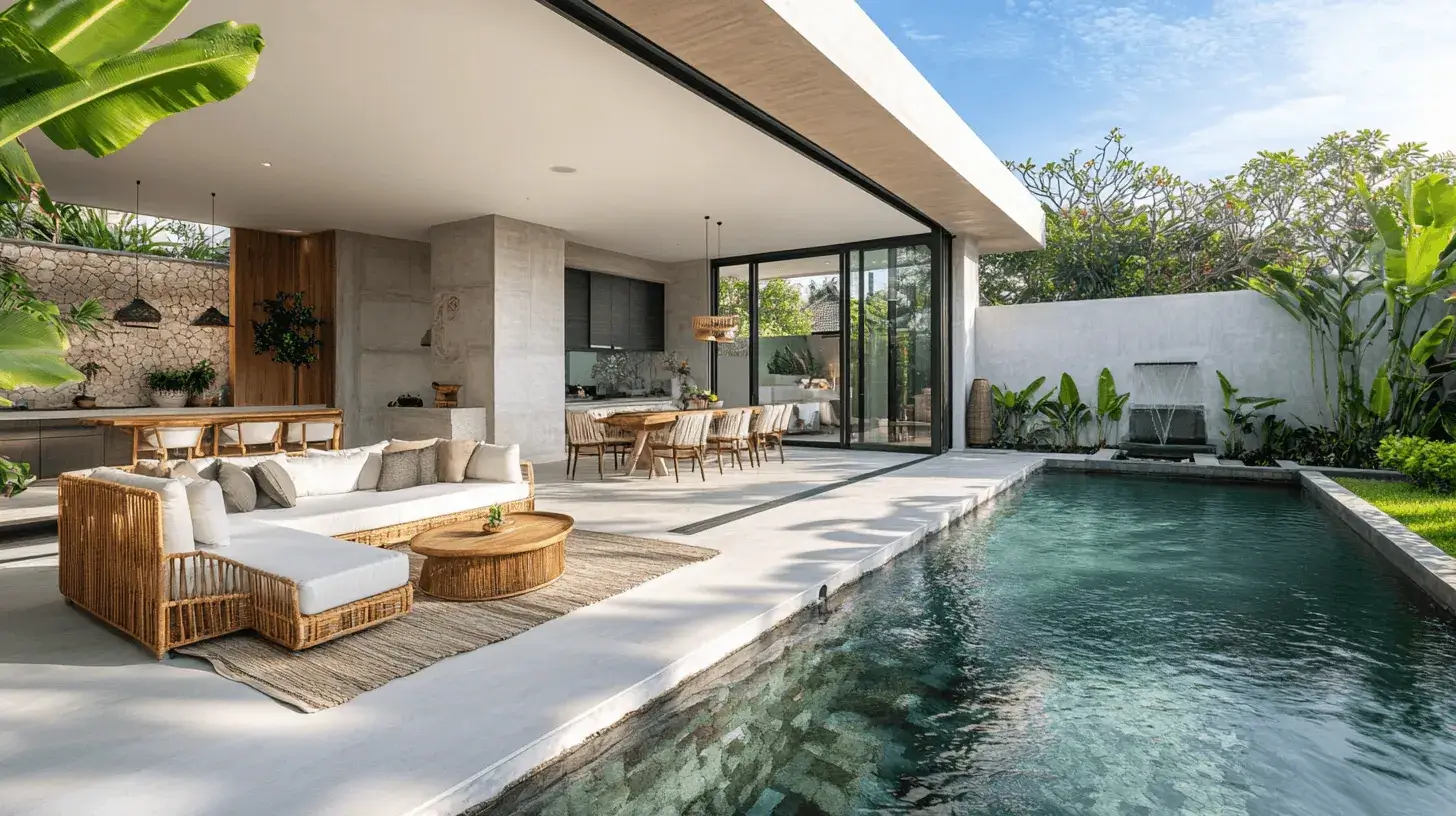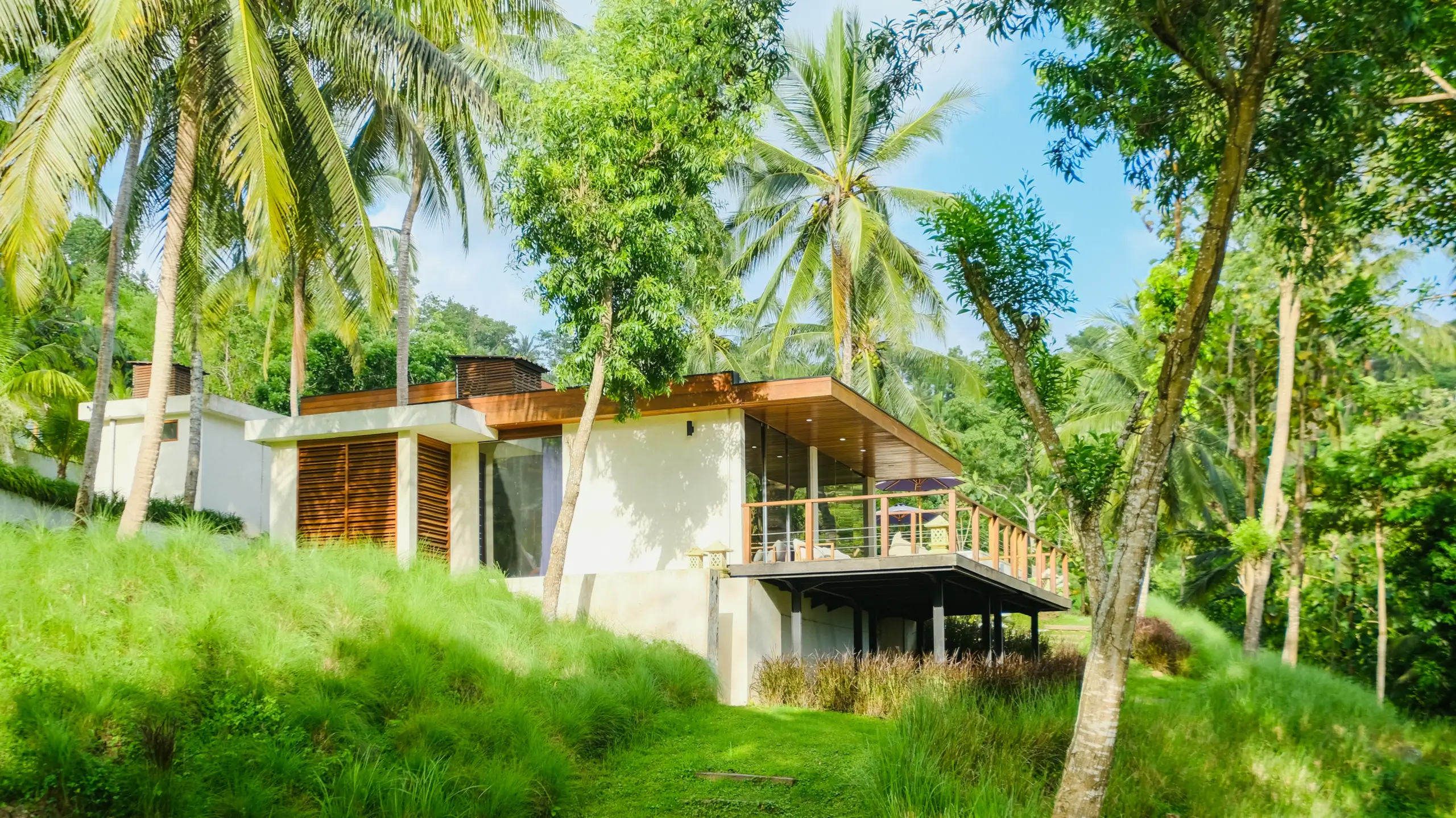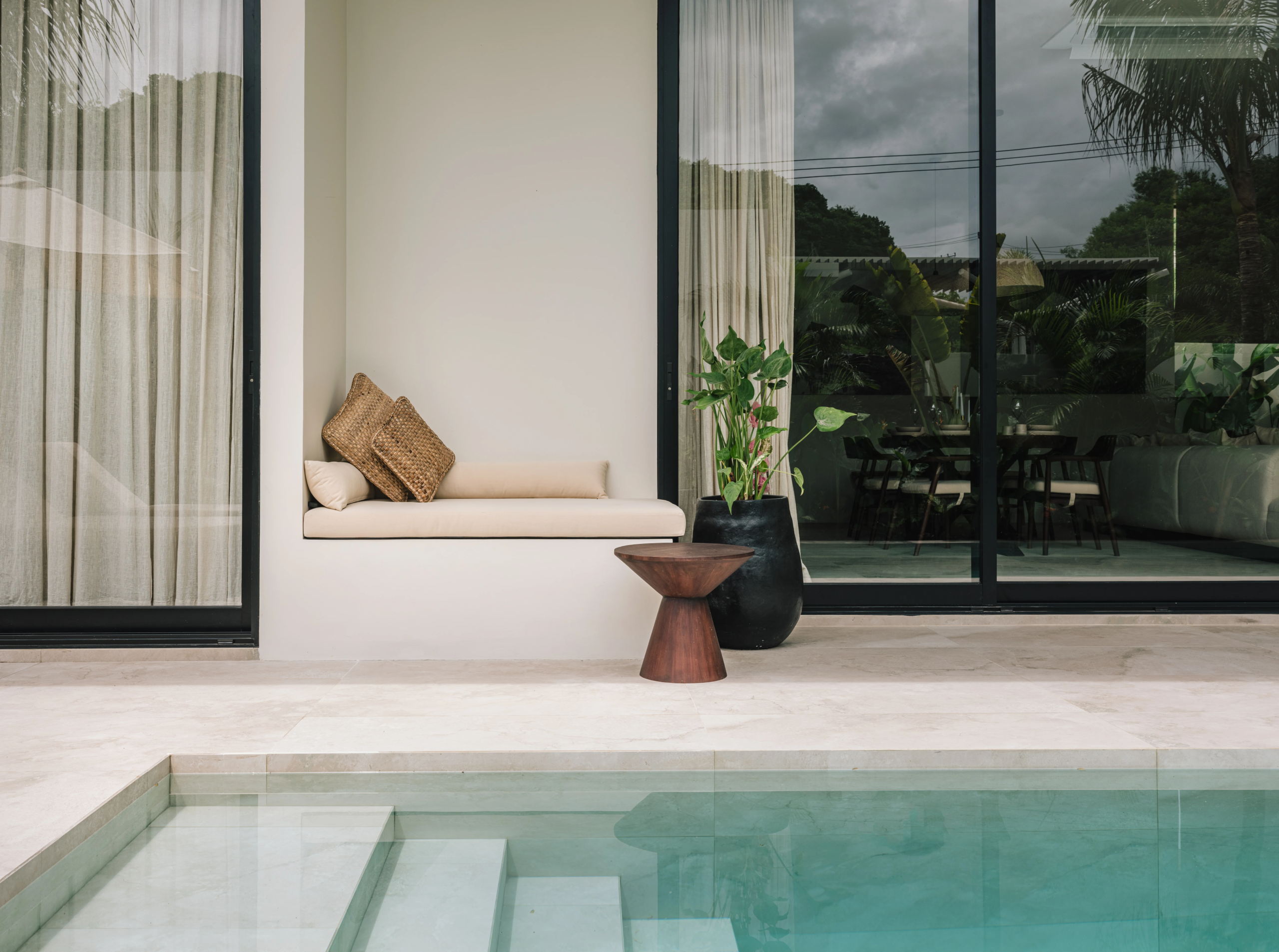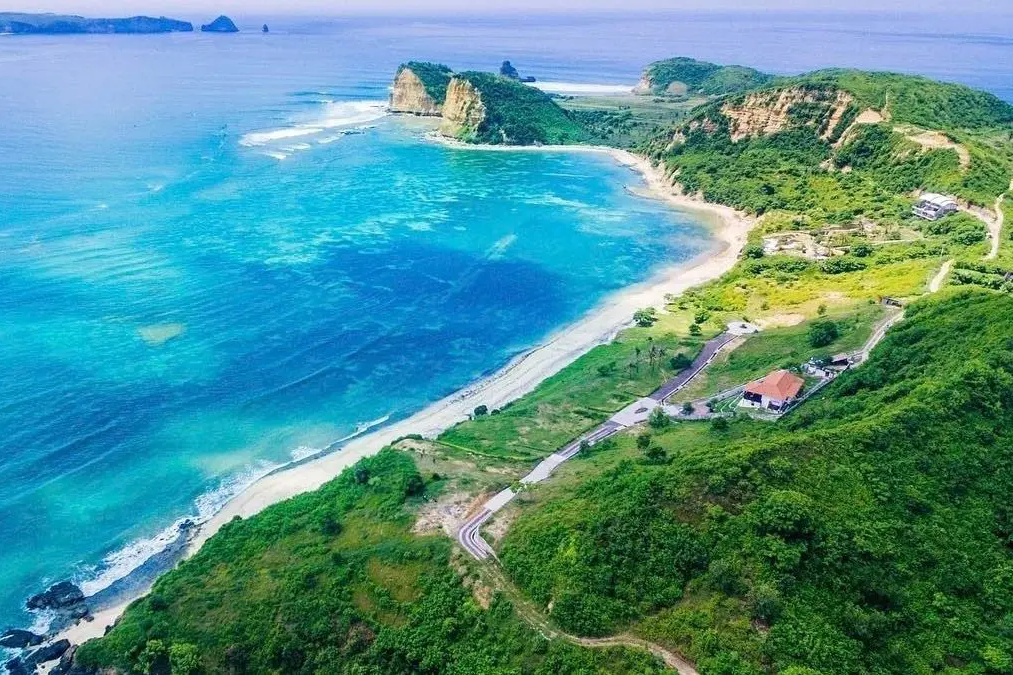Last Updated on August 1, 2024 by Yasmina
Building in Bali or Lombok offers an exciting opportunity to create your dream home or investment property in a tropical paradise. However, navigating the building permit process can be complex. This guide provides a detailed overview of the essential steps, requirements, and tips to help you obtain the necessary building permits in Bali and Lombok for your project.
Table of Contents
1. Understanding the Building Permit (IMB)
What is an IMB?
- The Izin Mendirikan Bangunan (IMB) is a Building Construction Permit required for any construction or renovation projects in Bali and Lombok. It ensures that buildings comply with local zoning laws, building standards, and safety regulations.
Why It Matters:
- Legal Compliance: An IMB is mandatory to construct or renovate a building legally.
- Investment Security: Proper permits protect your investment and ensure your property is legally recognized.
- Resale Value: Properties with an IMB have higher resale value and appeal to potential buyers.
2. Types of Building Permits
Residential Permit:
- This permit is required for constructing or renovating homes and villas. It ensures that residential buildings meet local safety and zoning standards.
Commercial Permit:
- It is needed for businesses such as hotels, restaurants, and shops. This permit ensures commercial properties comply with regulations and are safe for public use.
Special Use Permit:
- This permit involves additional scrutiny to ensure safety and compliance with specific regulations for non-standard buildings like schools, hospitals, and large-scale developments.
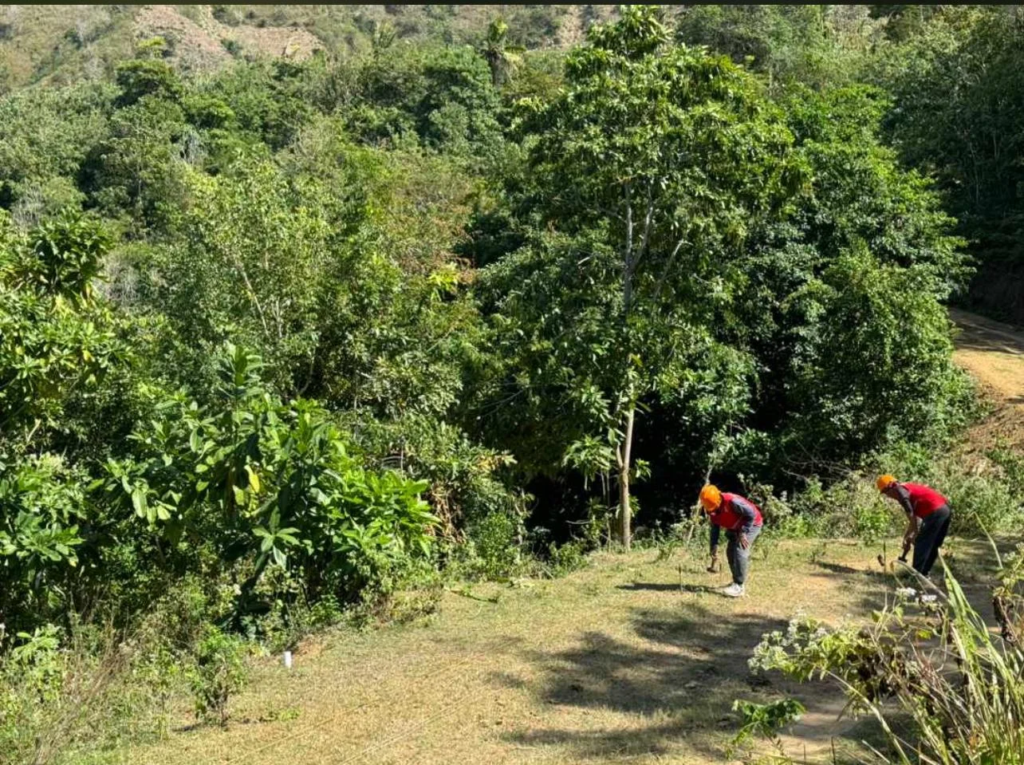
3. Eligibility and Requirements
Eligibility:
- Both Indonesian citizens and foreigners can apply for a building permit. Foreigners typically need to own the land through a leasehold agreement or under a PMA (foreign investment company).
Required Documents:
- Land Certificate: Proof of land ownership or lease agreement.
- Zoning Information: Details of the land’s zoning status (peruntukan tanah) to ensure the land can be used for your intended purpose.
- Architectural Drawings: Detailed plans and elevations of the proposed building, created by a licensed architect.
- Structural and Civil Plans: Engineering plans including foundation, plumbing, and electrical systems, to ensure the building’s safety and functionality.
- Environmental Impact Assessment (UKL/UPL): Required for larger projects to assess and mitigate environmental effects.
- Neighbor Consent: Signed consent from adjacent property owners to address any concerns they might have.
4. Application Process
Step-by-Step Process:
- Initial Consultation:
- Local Authorities: Meet with local village authorities (Banjar) and district authorities (Kecamatan) to discuss your project and ensure it aligns with local regulations.
- Zoning Check: Ensure the land is zoned appropriately for your intended use.
2. Prepare Documentation:
- Architectural Plans: Work with a licensed architect to create detailed building plans that comply with local regulations.
- Engineering Plans: Prepare structural, electrical, and plumbing plans to ensure all technical aspects are covered.
3. Submit Application:
- Government Office: Submit your application and required documents to the local government office (Dinas Pekerjaan Umum).
- Fees: You must pay the applicable processing and inspection fees, which vary depending on the size and type of your project.
4. Review and Inspection:
- Site Inspection: Local authorities will conduct an on-site inspection to verify compliance with zoning and building regulations.
- Document Review: Authorities will review all submitted documents and plans to ensure they meet all requirements.
5. Approval and Permit Issuance:
- IMB Issuance: Once approved, you will receive your IMB, allowing you to begin construction. Keep this document accessible, as it may be needed for future inspections and legal purposes.
5. Costs and Fees
Application Fees:
- Fees vary based on the size and type of project. Residential projects typically have lower fees compared to commercial projects.
Consultation and Planning Fees:
- Additional costs include hiring architects, engineers, and consultants to prepare necessary documentation.
Inspection Fees:
- Fees for site inspections and reviews by local authorities.
6. Tips for a Smooth Permit Process
Hire Professionals:
- Architects and Engineers: Work with licensed professionals who are familiar with local regulations and can ensure your plans meet all requirements.
- Consultants: Consider hiring a local consultant to assist with navigating the permit process and liaising with government offices. Our team is well-equipped to help you with that. Contact us for more information.
Prepare Thoroughly:
- Complete Documentation: Ensure all required documents are complete and accurate before submission.
- Compliance: Adhere strictly to zoning laws and building codes to avoid delays and rejections.
Engage Local Authorities:
- Early Consultation: Engage with local village and district authorities early in the planning process to gain their support and address any concerns.
Plan for Time:
- Allow for Delays: The permit process can take several months, so plan your project timeline accordingly.
- Regular Follow-Up: Maintain regular contact with local authorities to monitor the progress of your application.
FAQs
Can foreigners apply for building permits in Bali and Lombok?
Yes, foreigners can apply for building permits in Bali and Lombok through a leasehold agreement or by setting up a PMA (foreign investment company).
How long does it take to get a building permit in Bali and Lombok?
The process can take several months, depending on the project’s complexity and the application’s completeness.
What happens if I build without a permit?
Building without a permit can result in fines, legal action, and the possibility of having to demolish the unauthorized construction.
Wrapping It Up
Obtaining a building permit in Bali or Lombok is a crucial step in ensuring your construction project is legally compliant and protected. By understanding the requirements, following the proper procedures, and engaging with local professionals, you can navigate the process smoothly and build your dream property in these beautiful island paradises. Whether you’re planning a residential home, a commercial venture, or a special-use facility, this guide provides the essential information you need to get started.
Sources:
About Nour Estates
We started Nour Estates with a simple idea: to make finding your dream property in Indonesia as easy and enjoyable as a day at the beach. Our team is a mix of local folks and people from around the world who fell in love with Indonesia just like you. We’ve been in your shoes, faced the challenges of buying land here, and learned all the ins and outs. Now, we’re here to share that knowledge with you.
We are here to find you the perfect land to invest in. Contact us today, and let’s start this exciting journey together!


